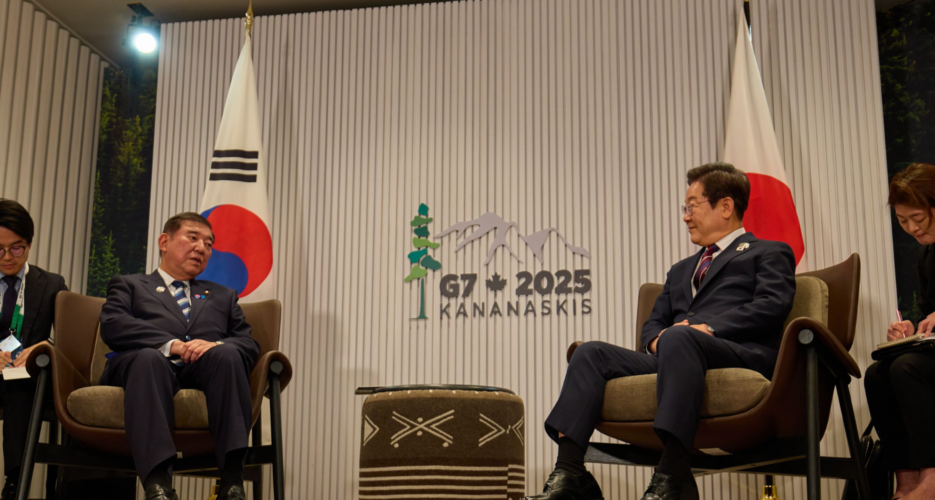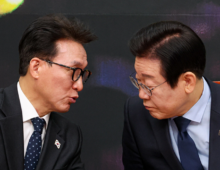Ishiba signaled respect to South Korea, but his uncertain political future highlights fragility of bilateral cooperation
Japanese Prime Minister Shigeru Ishiba’s decision to skip this week’s NATO summit, citing the absence of leaders from the bloc’s other Indo-Pacific partners South Korea, Australia and New Zealand, represented a rare example of deference to Seoul and potentially provides an opening to further strengthen ties.
But this opportunity remains fragile and highly conditional due to Ishiba’s uncertain political fate ahead of Japan’s upcoming parliamentary elections, not to mention the domestic challenges facing South Korean President Lee Jae-myung.
Japanese Prime Minister Shigeru Ishiba’s decision to skip this week’s NATO summit, citing the absence of leaders from the bloc’s other Indo-Pacific partners South Korea, Australia and New Zealand, represented a rare example of deference to Seoul and potentially provides an opening to further strengthen ties.
But this opportunity remains fragile and highly conditional due to Ishiba’s uncertain political fate ahead of Japan’s upcoming parliamentary elections, not to mention the domestic challenges facing South Korean President Lee Jae-myung.
Get your
KoreaPro
subscription today!
Unlock article access by becoming a KOREA PRO member today!
Unlock your access
to all our features.
Standard Annual plan includes:
-
Receive full archive access, full suite of newsletter products
-
Month in Review via email and the KOREA PRO website
-
Exclusive invites and priority access to member events
-
One year of access to NK News and NK News podcast
There are three plans available:
Lite, Standard and
Premium.
Explore which would be
the best one for you.
Explore membership options
© Korea Risk Group. All rights reserved.
No part of this content may be reproduced, distributed, or used for
commercial purposes without prior written permission from Korea Risk
Group.












